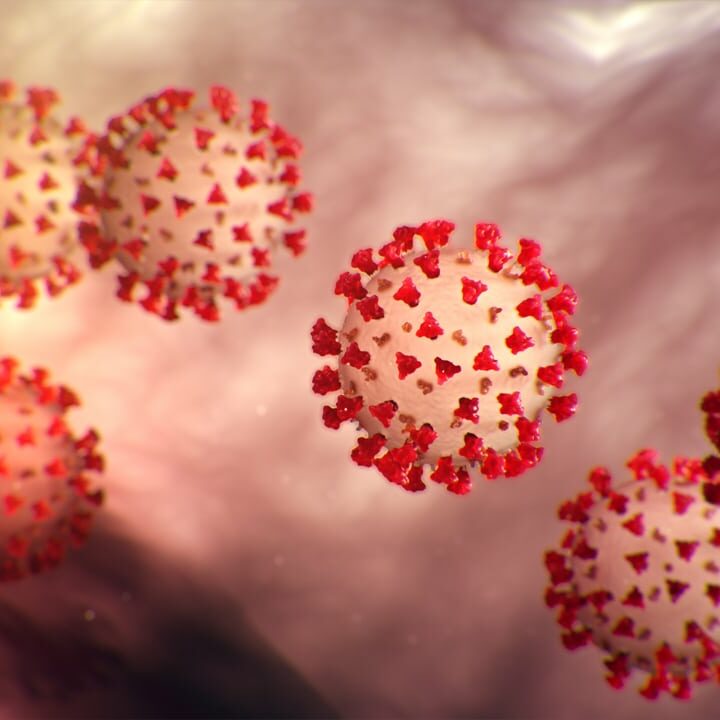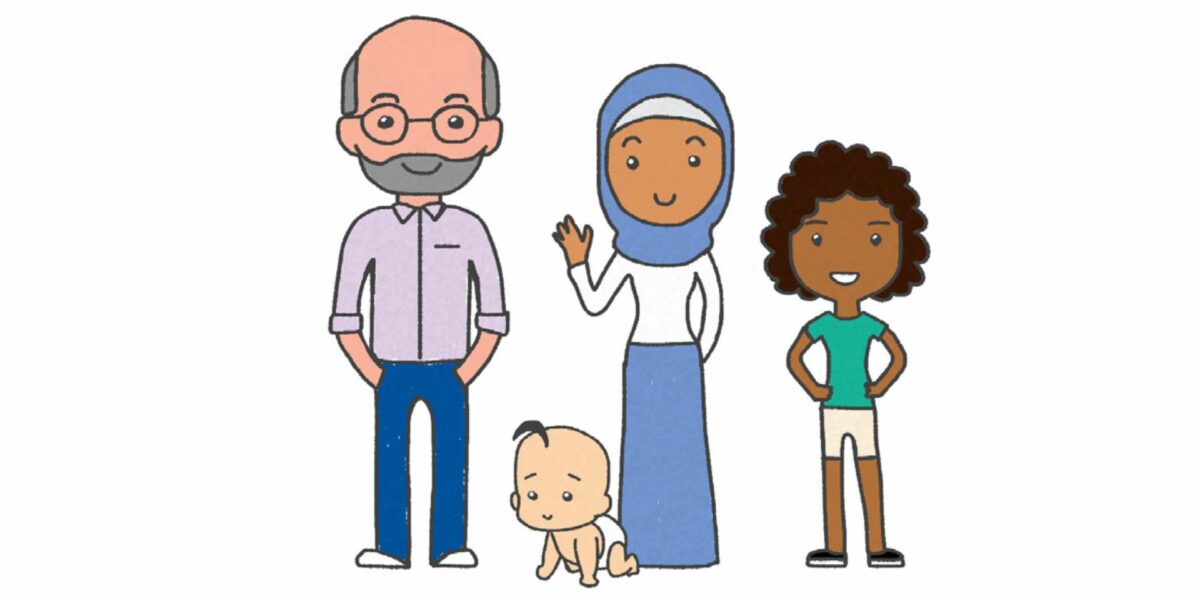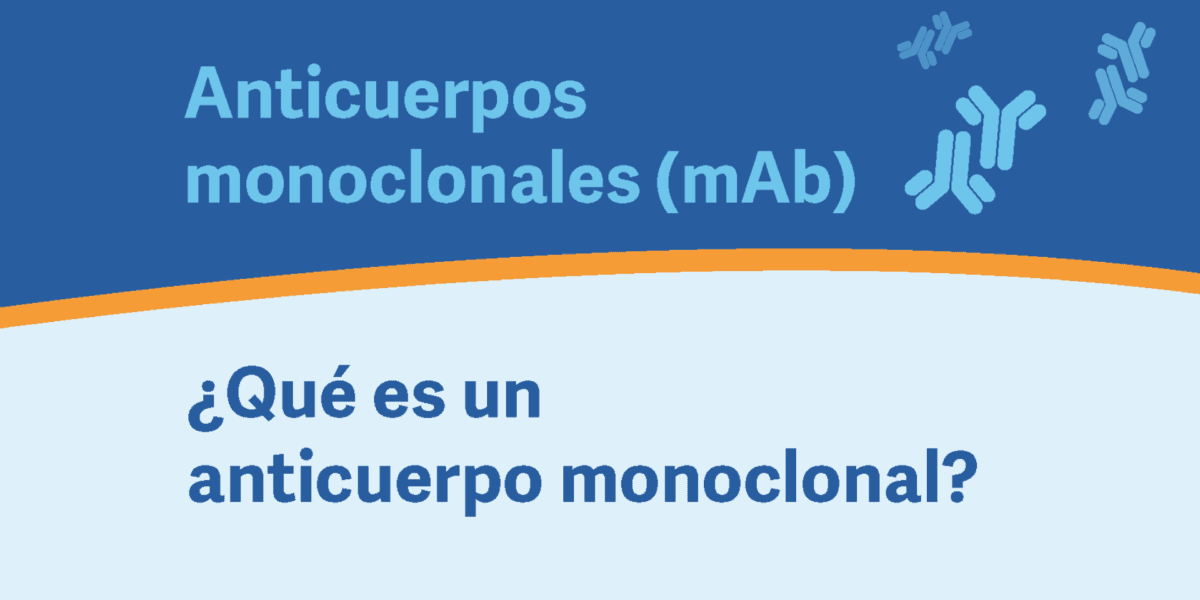Frequently Asked Questions about COVID-19
COVID-19 is a contagious disease caused by the SARS-CoV-2 virus.
COVID-19 most often causes respiratory symptoms similar to a cold, influenza (flu), or pneumonia but can also affect other parts of your body. Most people with COVID-19 have mild symptoms, but some people become severely ill.
More than 1 million people have died from COVID-19 in the US since the virus first emerged in Wuhan, China in December 2019.

General
Symptoms
Prevention
Testing
Treatment
Updated September 2024
Sources: American Academy of Pediatrics, Centers for Disease Control and Prevention, Food and Drug Administration
Learn more about coronaviruses at www.nfid.org/coronaviruses
Related Resources
What Is A Monoclonal Antibody?
Animated video on monoclonal antibodies—what they are, how they work, and their applications for COVID-19 and RSV
Monoclonal Antibodies Fact Sheet (Spanish)
Spanish fact sheet provides information on monoclonal antibodies (mAbs) and the differences between vaccines and mAbs






